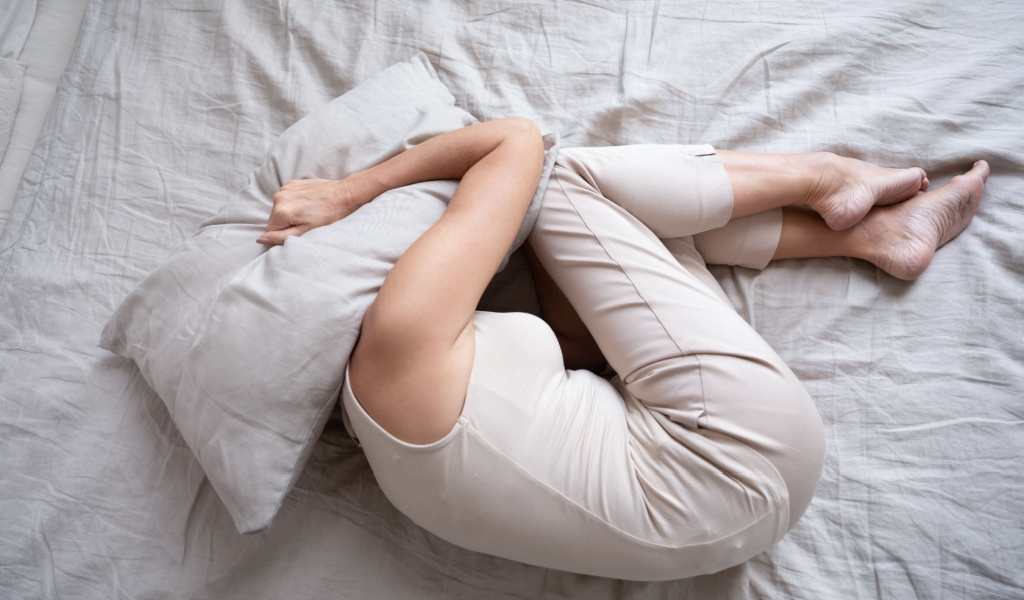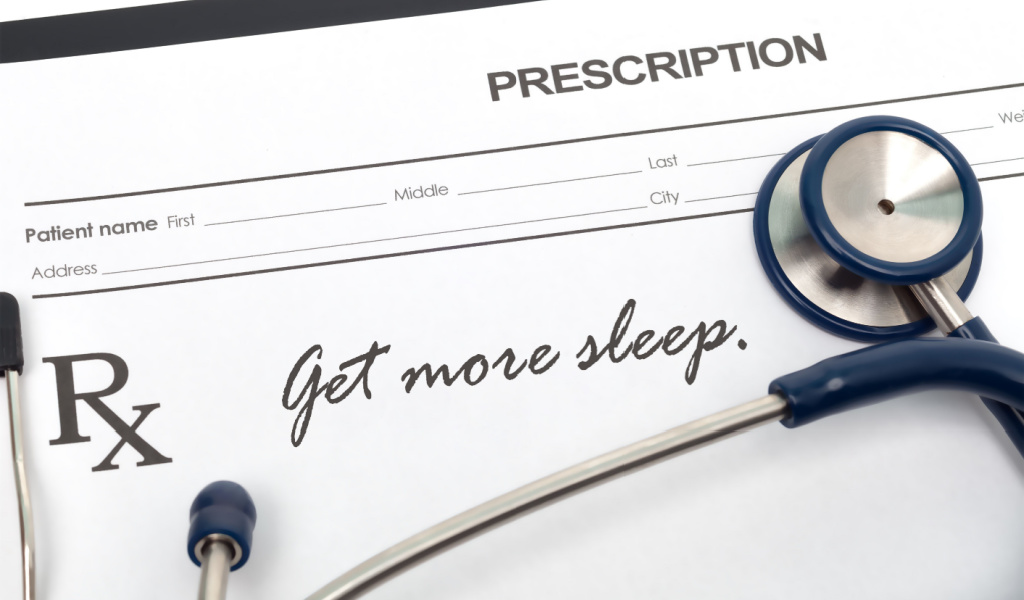If you’ve just had an exhausting night’s sleep, being in a bad mood the following day is unsurprising. Furthermore, inadequate sleep could aggravate mental health symptoms if you have a history of anxiety, bipolar disorder, depression, schizophrenia, or other issues.

The human brain requires quality sleep to run efficiently. After a grueling day, adequate sleep is of the utmost importance. Sleeping patterns directly impact your overall mental well-being, as quality sleep and mental health are closely linked. Based on research, 50 to 80% of individuals who experience mental health issues visibly experience sleeping difficulties. Consider making a few adjustments to have a better sleeping pattern.
The Link Between Mental Health & Sleep
Quality sleep is vital for the human brain as your brain rests and recharges during sleep. Poor sleep results in growing feelings of melancholy, stress, irritability, and aggression. Moreover, it could lead to mental health problems, particularly the possibility of self-harming thoughts or actions. Sleep apnea that remains untreated has the potential to deteriorate further into dementia. Additionally, it could leave you with diminished memory and mood.
The brain function goes through different stages while we sleep, all of which are vital for enabling different parts of the brain to rest. Inadequate sleep could affect how your brain processes and stores your thoughts and memories. Rapid Eye Movement (REM) sleep can improve the processing of feelings by the brain. This greatly aids in memory, learning, and creativity. Furthermore, delta sleep (deep sleep) is equally essential for brain function and memory. It also regulates your metabolism and makes you less tired.
How Do Circadian Rhythm, Sleep, & Mood Function?
Several well-tuned control centers in our bodies regulate everything we do and when we do it. Our genes and environment primarily influence these control centers.
The circadian rhythm is a well-known biological rhythm. The majority of our biological and behavioral processes fall under its control. In other words, each organ in the human body has a different clock that needs to be synchronized with the brain’s master clock. The circadian rhythm manages this process. Therefore, when it is dysregulated, the body is incapable of synchronizing. Consequently, motor, emotional, and interpersonal functioning are affected. However, this alignment is achievable by sleep. It is as if the body gets an opportunity to set the clocks of each organ simultaneously. This clarifies why excessive exhaustion can make you anxious or irritable.
Severe physiological difficulties and insomnia can arise when the circadian cycle is interrupted. Cognitive deficits, such as the reduced ability to learn and pay attention, long-term memory, language development, and emotions, can result from insomnia. This mainly includes prolonged sleep durations and irregular waking hours, often linked with mental health problems.
How Can Mental Health & Sleep Affect Each Other?
According to Guy Goodwin, a retired professor of psychiatry at Oxford University, “There are significant associations between the elements of sleep psychology and mood. However, the mechanism underlying those remains poorly understood.” Even though these two elements have an unbreakable connection, it is unclear if moods affect sleep or if sleep affects mood.
When you get good sleep, your mood remains stable. On the contrary, studies have found that the slightest disturbance in your sleep could directly impact your mood. As per the University of Pennsylvania researchers, those who participated in the research were permitted to get only 4.5 hours of sleep each night for a week. As a result, they complained about feeling more anxious, aggressive, depressed, and mentally tired. Furthermore, as soon as they resumed their usual sleeping patterns, they experienced a significant improvement in mood.
Seemingly, sleep can affect your mood, and your mental state can also affect your sleep. A night of quality sleep can be impossible when you are anxious, further increasing anxiety and restlessness. Stress can disturb sleep, leaving your body conscious, vigilant, and aroused. Those who consistently suffer from stress or react to stressful situations in a highly intense way often find it hard to sleep.

Tips for Better Sleep
Dr. Dietrich says you should be mindful of your sleeping patterns and behaviors. Exercises that aid in relaxing your body and lowering your anxiety, which include yoga, deep breathing, and stretching, can help you fall asleep and remain asleep. Consider the following tips to improve your sleeping habits by avoiding sleep interruptions.
Follow a Regular Sleep Schedule
Ensure to go to bed at the same time every night and get yourself up at the same time every morning, particularly on weekends. Pick a time range that will give you at least 7 hours of sleep. However, refrain from going to bed until you are tired.
Avoid Using Electronic Devices Before Bed
Watching TV or scrolling on your phone might appear to be a simple method to relax, but it stimulates the brain instead and makes it harder for you to rest or fall asleep. Try turning off your devices for at least 30 minutes before heading to bed. Consider listening to calming sounds, for example, sounds of nature, white noise, soft music, a sleep story, or a meditation app, if your brain fails to turn off.
A Calming Bedtime Routine Can Help
A soothing bath, engaging in meditation, stretching, enjoying calming music, focusing on your breathing, or taking a few minutes to relax can improve your sleep.
Exercise Regularly
Thirty minutes of aerobic activity every day could enhance the quality of your sleep and improve overall health. Nevertheless, it is advisable to refrain from exercising shortly before bed as it can pump your energy level and increase body temperature, making it hard to relax.
Avoid Having Caffeine Late in The Day
Caffeine could remain in our systems for long hours, depending on the quantity of intake. Try to avoid having caffeine at least 6 hours before bedtime to avoid feeling buzzy at bedtime.
Avoid Consuming Alcohol Before Bed
Undoubtedly, alcohol could leave you sleepy; however, it can also lower the quality of your sleep. Alcohol may help you fall asleep quicker, but it will reduce the quality of your sleep due to constant disruptions to the sleep cycle. This could lead you to have a lethargic day as a result!
Make Your Bedroom Suitable to Sleep
An ideal environment for sleep includes a dark room without any outside noises that is neither too hot nor too cold. Although you may not be able to achieve that entirely, you can still try to create the perfect sleep environment. The appropriate bedroom temperature is usually 60 to 67 degrees Fahrenheit. Ensure to block out extra light by using curtains and earplugs to block out noises that can disturb your sleep.
Should You Consult a Professional?
Insomnia and depression are strongly related to one another. Depression is more inclined to show up in people who have trouble sleeping. In addition, 75% of depressed individuals struggle to fall asleep. If you experience severe depression or insomnia, you should consult a health expert to help you with your condition.



